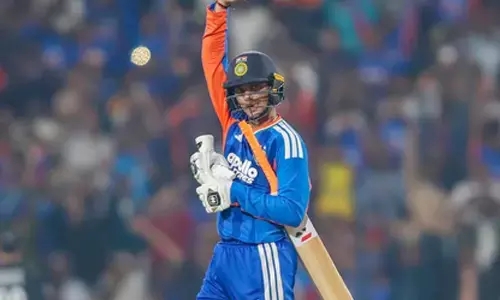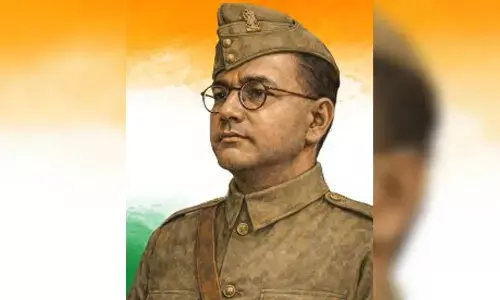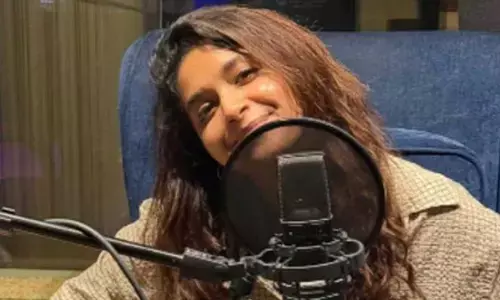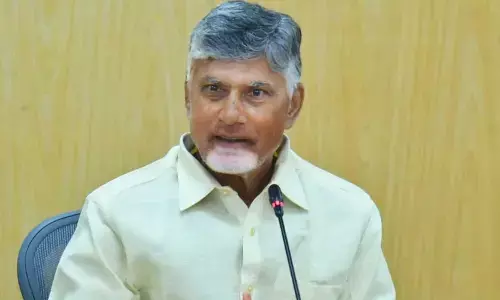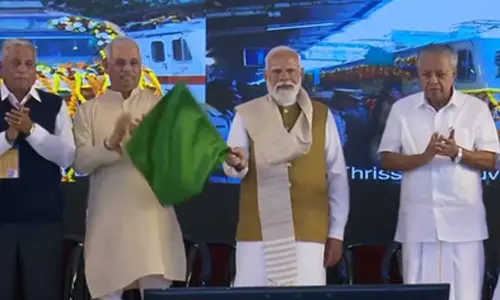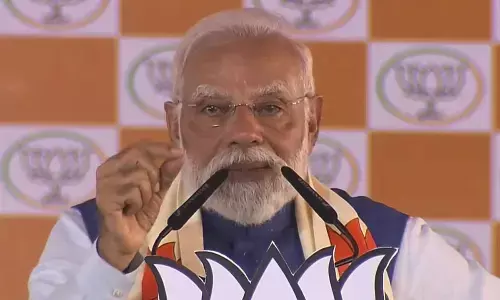Selective amnesia of American civil societies
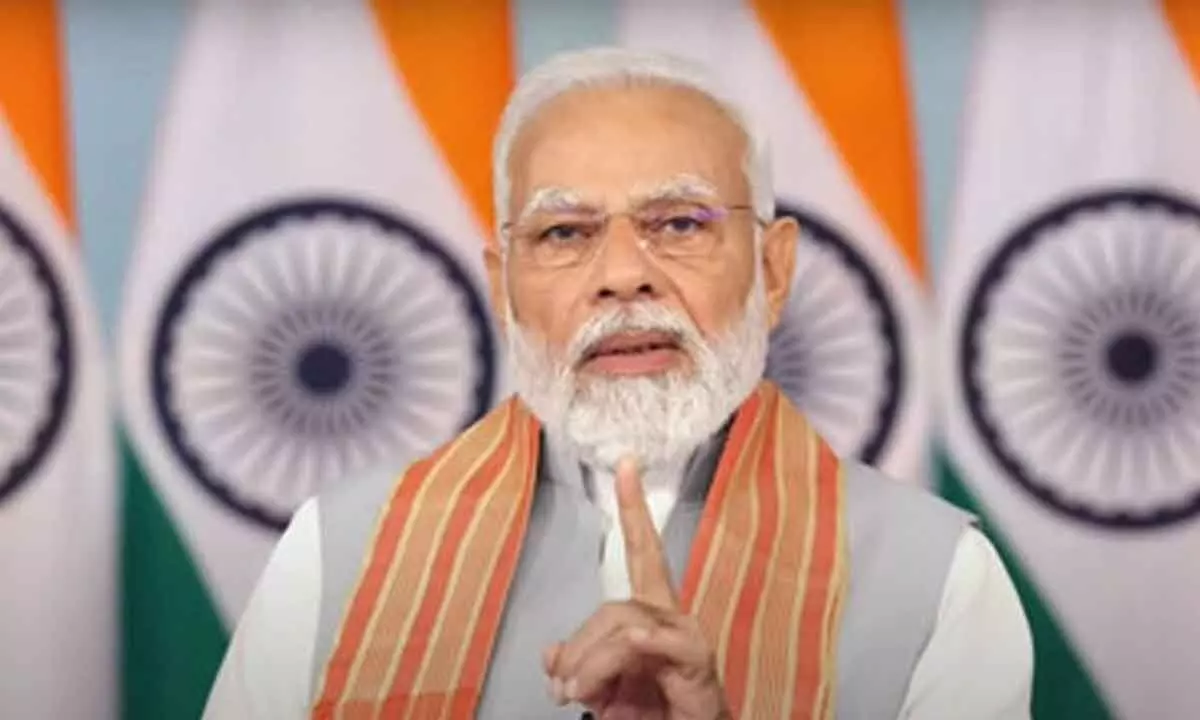
Prime Minister Narendra Modi
Rights groups in the US are planning to screen the controversial BBC documentary on Narendra Modi during his official visit to the US.
Rights groups in the US are planning to screen the controversial BBC documentary on Narendra Modi during his official visit to the US. The groups have declared that it is necessary to highlight the dictatorial tendencies of Narendra Modi and the alleged genocide perpetrated against the Muslims in Gujarat when Modi was the Chief Minister. It is being done to highlight to the people the anti-democratic attitude of Modi, it is said.
It sounds more like selective eclecticism or selective amnesia on part of those groups which keep working against not just the BJP leadership but also against the Hindu society in general. Most of these groups that keep targeting India are not only funded by several anti-India organisations including funding from Islamic countries, Chinese organisations and the Church itself as is well known. The groups did not deem it fit to screen either The Kashmir Files or The Kerala Story which has been banned in some Opposition-ruled States in India either directly or indirectly. This is where their credibility takes a beating. In addition, those who waste their time and energies on the Indian government’s actions keep forgetting that the US itself is known for banning several books.
Even in India we have seen how appeasement policies worked in the past in the banning of Salman Rushdie as well as Taslima Nasrin. Films made on Indira Gandhi could be banned in the country going by the demand of the Congress, but an alleged biased BBC documentary should not be. Agreed, it is wrong to ban or censor works of fiction or art or even movies. The best way to deal with controversial works is to leave it to the audience and readers in democracy. The BJP is wrong in banning the critical works as also the anti-BJP demands. At the same time, the ban for the sake of appeasement of minorities is also wrong.
Book banning, the most widespread form of censorship, occurs when private individuals, government
officials, or organisations remove books from libraries, school reading lists, or bookstore shelves because they object to their content, ideas, or themes. Those advocating a ban complain typically that the book in question contains graphic violence, expresses disrespect for parents and family, is sexually explicit, exalts evil, lacks literary merit, is unsuitable for a particular age group, or includes offensive language. Book banning is the most widespread form of censorship in the United States, it is well known. Why don’t these groups go for introspection? They don’t because they thrive on the anti-India funds. Secondly, anyone talking against India is deemed an intellectual and human rights activist. Dichotomy has become the order of the day. Any talk of democracy and freedom by such groups is balderdash, either in the US or in India.








